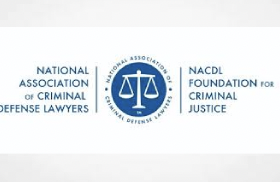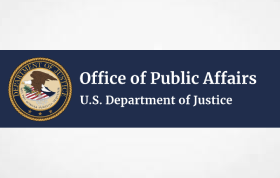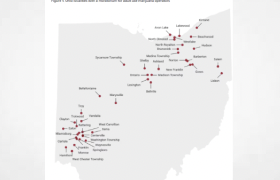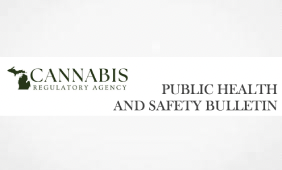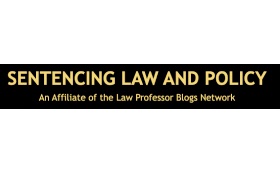In a couple of articles (see here and here, also flagged below), I have advocated that modern marijuana reform efforts should include the creation of a new criminal justice institution, which I have called a “Commission on Justice Restoration.” As explained most succinctly in this commentary, I suggest this institution be funded by the taxes generated by marijuana reforms and be tasked not only with helping those previously convicted of marijuana offenses, but also with addressing the undue harms of a wide array of prior convictions. In my vision, this Commission on Justice Restoration could assemble hard-to-collect data about convictions and collateral consequences, conduct and disseminate research on the fiscal and social costs of these collateral consequences, and advocate for legal and court reforms to advance sound record relief practices.
Sadly, no state has yet to embrace my vision for creating a Commission on Justice Restoration. But, excitingly, the version of marijuana reform about to be signed into law in Minnesota (basics here) includes the creation of criminal justice reform infrastructure that certainly is in the spirit of my proposal. Specifically, this reform law provides for the creation of what is called the Cannabis Expungement Board, which is described a bit at this new official Minnesota website:
The legislation calls for automatically expunging low-level cannabis convictions and for creating a Cannabis Expungement Board, which will review felonies for expungement or resentencing. Expungement seals a person’s conviction record, making the record not publicly accessible from the Bureau of Criminal Apprehension. Sealing records is intended to remove barriers for people with cannabis-related offenses who are subject to a background check for a job or housing….
The Cannabis Expungement Board will consist of the following members:
- the Chief Justice of the Supreme Court or a designee
- the Attorney General or a designee
- one public defender, appointed by the Governor upon recommendation of the State Public Defender
- the Commissioner of Corrections or a designee
- one public member with relevant experience, appointed by the Governor
This local press piece provides some more details about the remedial marijuana efforts called for in the new Minnesota law:
What crimes would be expunged under the bill?Minnesotans with misdemeanor marijuana charges would see their records cleared, and a new Cannabis Expungement Board would evaluate expungement for felony marijuana crimes on a case-by-case basis.
How many Minnesotans would be eligible for expungement?More than 60,000 misdemeanor marijuana cases would be eligible for automatic expungement when the bill is signed into law, the Minnesota Bureau of Criminal Apprehension (BCA) estimates. That includes cases the defendant won or had dismissed, wiping out all records of offenses from arrest to sentencing. The BCA told lawmakers that it could take the agency up to a year to finish expunging all of the misdemeanor records.
The BCA doesn’t have an estimate for the number of felony-level marijuana cases that would qualify for review by the Cannabis Expungement Board, a spokeswoman said. That’s because the state’s criminal history system is unable to sort felony-level drug cases by the type of drug that was used. A manual review of felony cases would be required.
I am going to be very interested in following the work of Minnesota’s Cannabis Expungement Board. Perhaps if all goes well, Minnesota might give this board responsibility to advance expungements and resentencings more generally.
Prior related writings:

